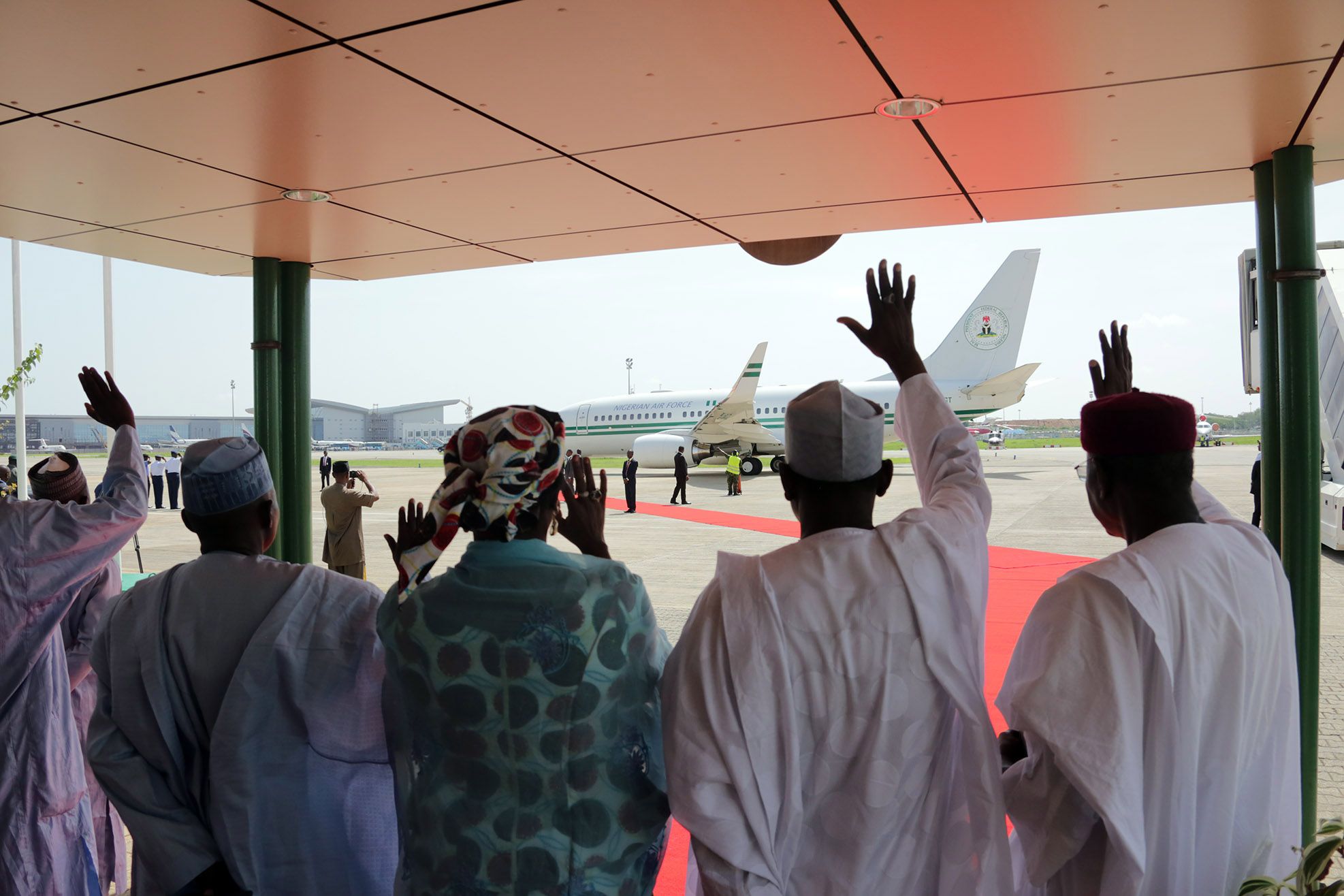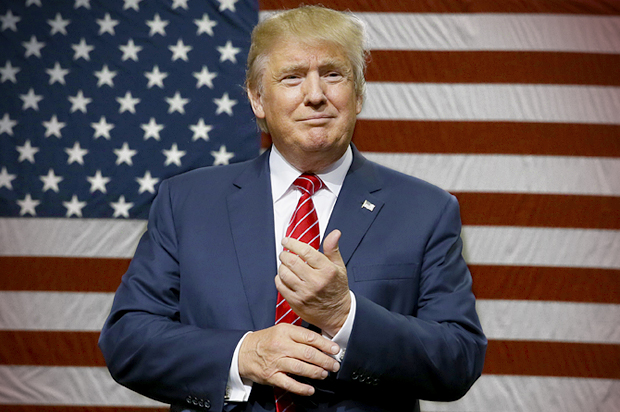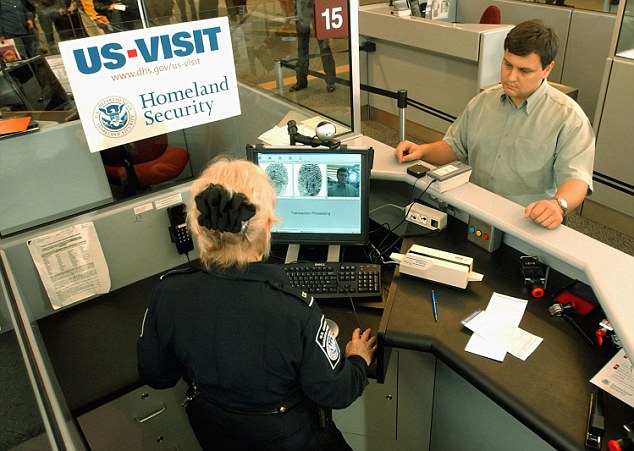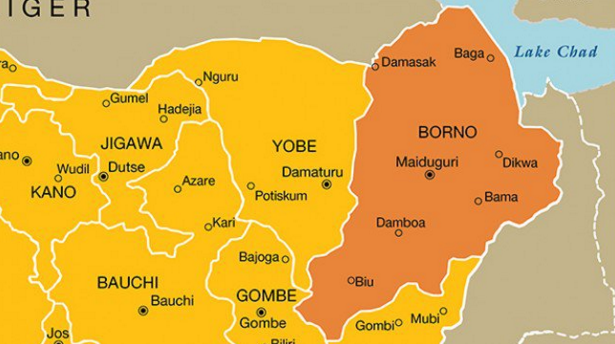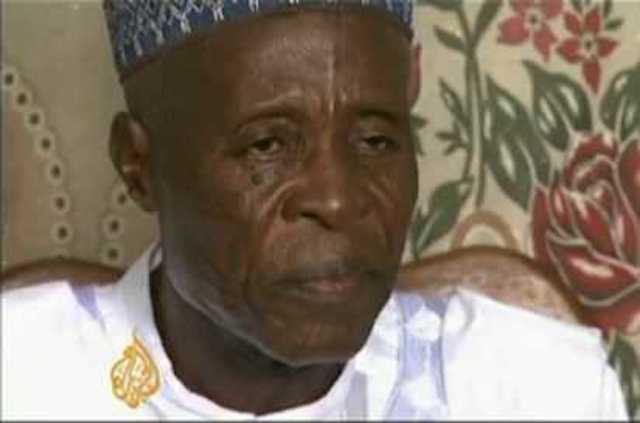President Buhari isn’t actually the first to keep his health records to himself. But the problem is that whenever there is a vacuum of information – as in the case of Buhari’s health – pundits, rumormongers and analysts fill it up.
There is a school of thought that argues that the more information the public has, the more likely the polity would be heated up. For instance, if (God forbid) people find out that the president has a terminal ailment, and cannot function effectively nor even do a second term, he automatically becomes a lame duck leader. All the politicians being prosecuted for corruption would just buy time until he leaves.
But in trying to be economical with information, public officers could make statements that are incongruent with the spirit of democracy.
Take Femi Adesina’s recent statement. He says that nobody can force the president to speak if he doesn’t want. In his thinking, the president had already told the country when he would return from his ‘’vacation’’ and that should be enough.
Advertisement
Such kind of statement should have no place in public conversations in a democracy. To the extent that the president was elected to serve Nigerians, Nigerians have the right to force him to speak on any issue.
And here’s where the problem is: there is a difference between a sick leave and mere vacation with some minor medical checkups in-between.
In the real sense, presidents don’t get ‘’vacations’’. They receive security briefing and perform the job of commander in chief even while ‘’vacationing’’. In one occasion, President Reagan had to fire some striking officers while he was vacating in Camp David. Obama took 189 vacation days. Did he handover to his vice during those vacations?
Advertisement
It is only when the president is on a sick leave that he could be exempted from addressing the nation. And in that case, could transfer power to the vice-president. In Buhari’s case, he claims to have transferred power to his vice [which is laudable], not because he had to undergo a surgery, but because he wants to go on a vacation and undertake some minor checkups during the vacation.
In the U.S., for example, presidents transfer power to their vice-presidents by invoking the disability clause. And this clause is invoked anytime a president undergoes a major surgery and is sedated during the process.
For instance, in 2002, Bush transferred power to Dick Cheney for two hours. He returned to office after undertaking colon screening.
In 2007, President Bush transferred power to Dick Cheney when he had to undertake a routine colonoscopy. The procedure involved giving the president some anesthesia.
Advertisement
In 1985, President Reagan was the first to transfer power to his vice for 8 hours after invoking the disability clause when he had a surgery. He was criticized for not doing so when he went through surgery after he was shot in 1981.
In all these, Americans applauded their presidents for being open. But some American presidents had not been open.
Take the case of Grover Cleveland. In 1893, Cleveland smuggled a surgeon onto a friend’s yacht to remove a tumor from his mouth. Cleveland emerged from his ‘’vacation’’ a week later, and no one knew what happened.
Cleveland wasn’t alone. In 1919, Woodrow Wilson had serious stroke while in office but kept it secret. His wife quietly took over ‘running the country’ till his term ended in 1921.
Advertisement
The question is this: could any president hide serious medical procedures as former American presidents did in this present world? In this digital world, it seems unlikely.
Meanwhile, it was reassuring seeing our president in the company of Governmor Amosun and Daisy Danjuma in London.
Advertisement

